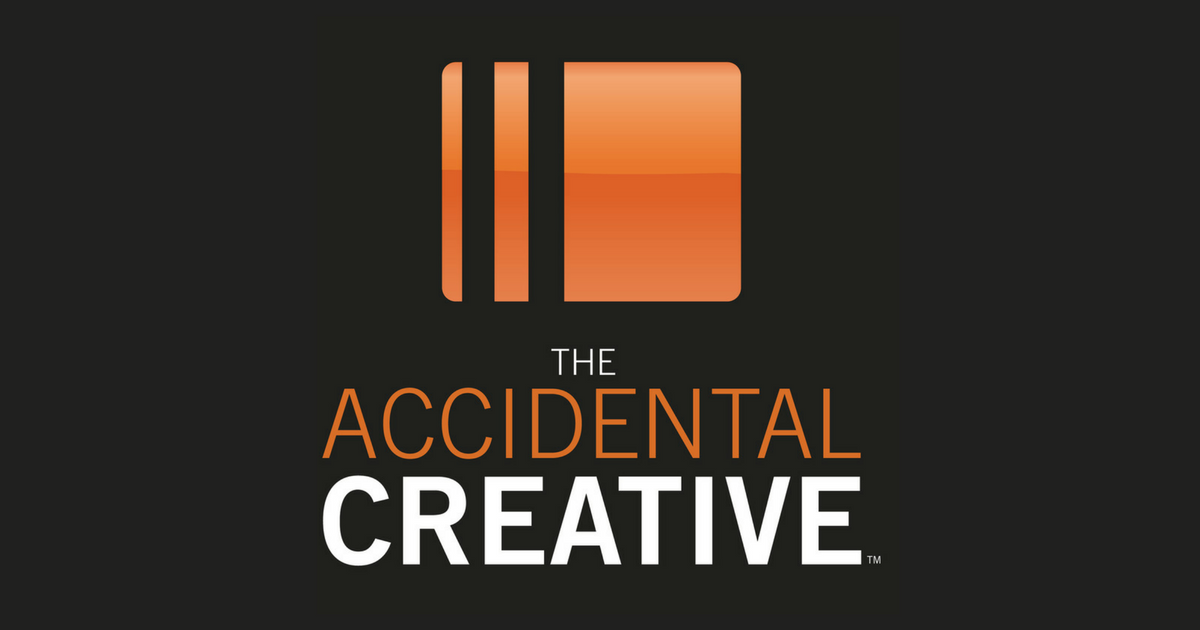Sara was stuck. She was on deadline for a project that required her to suggest a marketing strategy for a product that her company believed could improve its position in the marketplace, and potentially revolutionize its category. It was a great opportunity for Sara to show her stuff, but there was one problem: she was drawing a blank. No matter what she tried, it seemed that her words were void of the kind of precision and uniqueness her manager had demanded of her.
Uncertain of what to do, Sara began rifling through her small notebook. A few months back, she’d begun a practice of daily study. She would spend thirty minutes each morning reading or experiencing some kind of media, and thirty minutes of processing it and considering how it might apply to her work. She kept a record of these study times, including articles and books read, videos she watched, and any personal reflections she’d made at the time. It wasn’t line-by-line notes or facts and figures, but instead was more about her impression of the materials.
Suddenly, Sara had an insight. While reviewing her notes on a New Yorker article, she remembered a conversation with a peer about technology and education. She realized that the conversation had a direct impact on her current project, and after a few more hours of work, she had the breakthrough she so badly needed.
This story is similar to dozens I’ve heard from organizations I’ve worked with, or from individuals who have taken the advice from the Stimuli chapter of The Accidental Creative to heart. Cultivating a deep well of stimuli from which to cull insights and apply them to your work is one of the most effective methods I’ve encountered for setting yourself up to thrive in the create on demand world.
But a study plan takes effort, and measured discipline to implement effectively. You need to ensure that you are spending your time wisely, and that you are thinking about application, not just absorption. Information is useless without application.
Set a regular time
Like with anything you want to be a regular practice, establishing a dedicated time to study will greatly increase your chances of long-term success. Many people (including myself) find that early morning is the ideal time, because it allows you the freedom to explore and think without the pressures of the day weighing you down. Other people prefer evening, right before bed. Still others prefer to take a long lunch at their desk or in a park. Regardless of your preferred time, make it consistent and non-negotiable.
Dedicate half to absorption, half to application
The goal of study time isn’t to simply absorb information, it’s to figure out how it might apply to your life and work. As such, you need to spend about half of your time thinking about what you’ve just read or experienced and considering how it might apply to the problems you’re working on. Write your thoughts and observations in a notebook, even if they seem irrelevant or silly. Little prompts and ideas that pop into your head might indicate that there’s something happening behind the scenes that you’re not yet consciously aware of. You may, like Sara, only connect the dots later.
Begin your time by reviewing the previous day’s notes
Before you dive into your study time, take just a few moments to review the previous day’s notes for any potentially valuable and useful insights and to re-ground you in the material. This will provide a continuity to your study time from day to day and lessen the amount of “ramp up” time needed to get back in the flow.
Talk to your peers
Make it a practice to share at least once per day something that you observed or thought about in your study time. First, sharing something increases the likelihood that it will become a part of your longer-term memory, and second you never know how a seemingly insignificant insight could set off a chain reaction of insights in someone else. Share your thoughts publicly, and encourage others to do the same.
Don’t let it get boring
A final note about Study Time: don’t do it out of guilt. Use it as an opportunity to pursue your curiosity, to stoke the fires of your passion, and to read widely and deeply about topics that you find interesting. By simply keeping your mind active, you will increase your systemic thinking ability and you will begin to notice patterns that were previously overlooked. Plus, it’s your responsibility to develop and utilize the brilliant, miraculous grey matter you’ve been given.
Be purposeful about stoking the fires of your imagination, and seeking patterns in the world around you. This is the best way to ensure that your mind is actively chasing insight and to position yourself to be brilliant when it counts most.
===
Today’s episode is sponsored by Freshbooks. To claim your free month trial – with no credit card needed – visit Freshbooks.com/accidental.
Music for the AC podcast is by Joshua Seurkamp. End remix is by DJ Z-Trip.




0 Comments